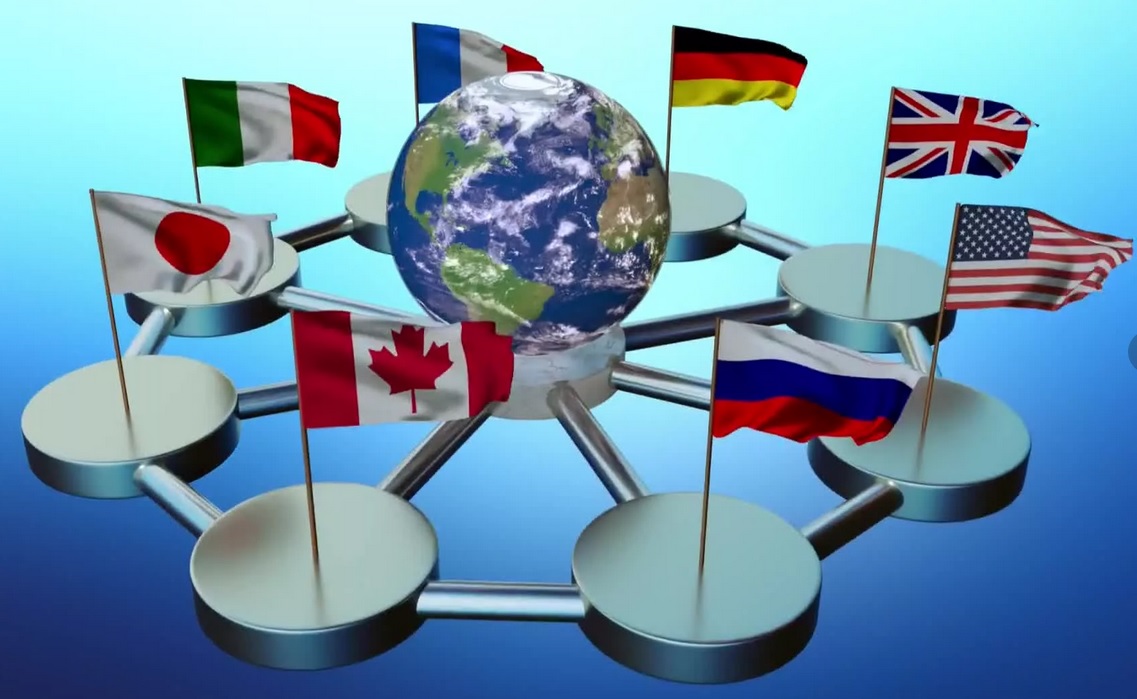Professors Team: Natalia Davidson The objective of the course is to give knowledge of the fundamental problems studied within classical, neoclassical and modern theories of international trade and international investments, and to understand the main parameters, assumptions, patterns and conclusions of the models within these theories. By mastering the course students will know fundamental problems of modern international policy, international trade policy, and international migration of production factors in terms of various theories in the framework of different market structures, general equilibrium in closed and open economies, classical, neoclassical and modern theories of international trade, international trade policy, international movement of production factors, and international economic integration. They will be able to analyze international economic relations applying microeconomic instruments.
- Преподаватель: Давидсон Наталья Борисовна
- Преподаватель: Кузнецов Павел Дмитриевич

Professors team: Yury Davy and Rosa Lombardi. International Business Planning course is focused on the practical skills development in the field of project management and business planning in international environment. At the lectures, students are taught the main principles and guidelines in project management in accordance with international standards. Their work at the seminars is based on problem solving, discssions, team work and project work. In the end of the semester, teams of students are to present the results their own business plans developed for international projects in the areas selected by students.
- Преподаватель: Демченко Екатерина Александровна
- Преподаватель: Дэви Юрий Михайлович

Professors Team: Alexander Ishukov, PhD, Associate professor
The basic objective of this foundation course is to summarize the fundamental theoretical aspects in the field of international financy and monetary economics, relevant to the future study in the international monetary relations. The aim of the course is to investigate the specificity of the financial institutions, professional intermediaries and their role in the development of the monetary relationships between institutions.
- Преподаватель: Ишуков Александр Александрович

 Instructor: Prof. Ekaterina Demchenko, PhD. International Marketing course is focused at the most important issues of a company’s activity at foreign, international and global markets including international marketing research, product design and development, international marketing strategies, features of international marketing environment, international and global marketing-mix management, international marketing-management and other. The course aims to develop students’ professional hard and soft skills for making effective managerial decisions in the field of modern international marketing strategies. Students are tought to flexibly apply up-to-date tools and methods of international marketing considering cross-cultural and diversified environment of international business.
Instructor: Prof. Ekaterina Demchenko, PhD. International Marketing course is focused at the most important issues of a company’s activity at foreign, international and global markets including international marketing research, product design and development, international marketing strategies, features of international marketing environment, international and global marketing-mix management, international marketing-management and other. The course aims to develop students’ professional hard and soft skills for making effective managerial decisions in the field of modern international marketing strategies. Students are tought to flexibly apply up-to-date tools and methods of international marketing considering cross-cultural and diversified environment of international business.
- Преподаватель: Демченко Екатерина Александровна

Professors team: Zhanna Belyaeva,Yana Lopatkova, Alberto Ferraris This course focuses on the economic, political, technical, strategic, and competitive factors and conditions impacting national and industrial sector performance in an increasingly global, cross-cultural and volatile marketplace. Students will consider concepts and examples that assist students in understanding the complexities and dynamism of the global business environment.
These concepts include: internationalization of the marketplace and its cross-cultural issues; the decision-making of global business and its ethical background; the importance of organizational domains variety, different forms of the international business and its management peculiarities, new entrepreneurial approaches that can leverage global opportunities: foreign market entry strategies; the roles of the multinational and economic development and opportunities in transition and emerging markets. Topics covered in the course include global economics challenges of today, cross-cultural communications role in international management, external and internal organizational relationships, growth and development strategy and techniques of international organizations, including multinationals, management and employment relations, business and society relations, social and technical systems correlation in providing manufacturing, service and information technologies.
- Преподаватель: Беляева Жанна Сергеевна
- Преподаватель: Лопаткова Яна Алексеевна
